These days, it can seem that the To Do list for Landlords keeps piling up! At Baillie White, we like to think that ensuring residential lets are safe and up to standard is a positive move, but it can feel a little overwhelming for landlords. That's why we created our definitive checklist for Landlords. All your legal obligations set out in one place. Click here to download your printable copy of this list.
Energy Performance Certificate (EPC)
EPCs assess the energy efficiency and carbon dioxide emissions of your property with potential figures it could achieve, which can help tenants assess how much energy bills (e.g. gas) will cost. They must be provided to all potential tenants before the signing of contracts. We make these available for tenants at the viewing stage, to ensure a good match.
EPCs are valid for 10 years, but if energy efficiency improvements are made to the property, you can apply for a new EPC to achieve a better overall grade, which may make the property more desirable for prospective tenants.
From 1 April 2018, all rented property which is to have a new tenancy must have an EPC rating of at least E, but this looks set to rise to a rating of C by 2030.
Gas Safety Certificate
An annual Gas Safety check is required to ensure that all gas appliances, pipe work and flues that are provided with the property is in safe and working order. The check must be conducted by a Gas Safe engineer.
A certificate is obtained after an inspection. You don’t need a new certificate per tenant, you just need to get a new one every 12 months and issue a copy to existing tenants within 28 days after getting the check. New tenants should be given a copy at the start of the tenancy. These are included in our tenant documentation packs as standard.
Legionella Assessment
Health and safety legislation requires that a risk assessment for the Legionella bacteria which causes Legionnaires’ disease is conducted by a qualified person. This can be a plumber or other professional tradesperson. The assessments must identify and assess potential sources of exposure, and steps taken to prevent/control any risk that is identified.
It is recommended to have a new assessment between long-term tenancies or after any extended vacant period. We like to have them done at least every 5 years to protect our landlords.
Smoke and Carbon Monoxide Alarms
From October 2015, all single let properties are required to:
- have at least one smoke alarm installed on every storey which is used as living accommodation, and
- have a carbon monoxide alarm in any room used as living accommodation where solid fuel appliances are contained (e.g. a coal fire, wood burning stove).
- check that each prescribed alarm is in proper working order on the day the tenancy begins if it is a new tenancy.
- Electrical Safety Standards Report
- From 1st July 2020, landlords in England have been legally obligated to ensure national standards for electrical safety are met. In order to comply, landlords are legally required to ensure the ‘fixed’ electrical installations (e.g. wiring, socket-outlets, light fittings, fuse box etc) in their rented properties are inspected and tested by a qualified and competent person between tenancies, or at least every 5 years.
- Landlords must have an ‘Electrical Installation Condition Report’ (EICR), which will ensure their electrical installations are inspected and tested. A copy of the report must be given to a new tenant before they occupy the premises.
Electrical safety for appliances
While there currently isn’t a requirement for any reports or checks for electric appliances, landlords must still ensure all appliances provided with the property are in safe working condition.
Every appliance should be PAT tested if it’s being included as part of the tenancy.
Plugs and Sockets (Safety) Regulations
As with checking the electrical integrity of your property, if you’re unsure if your plugs and sockets are in safe working order, it is recommended to get an assessment from a qualified electrician, to prevent potential shocks.
Furniture and Furnishings Regulation
All furniture a landlord provides must be fire resistant. Furniture must meet the fire resistance requirements in the Furniture and Furnishings (Fire) (Safety) Regulations 1988. This can include items such as beds, headboards, mattresses, sofas, garden furniture and cushions.
Right To Rent checks
Landlords are required to check for proof of ID and citizenship, to ensure any adult tenant is legally allowed to rent in this country.
The checks should ensure that any adult to occupy the property as their only or main home under a residential tenancy agreement is a British citizen, or EEA or Swiss national, or has a “right to rent” in the UK.
“How to rent: the checklist for renting in England” Guide
A document entitled “How to rent: the checklist for renting in England”, as published by the Department for Communities and Local Government, should be provided to a tenant at the beginning of new tenancies. This only applies to tenancies that start on or after October 2015 in England only.
You can either email your tenants a copy or provide them with a hard copy (i.e. provide them with a printed version). There is a link to the latest version of this document on our Tenant’s Guide.
Tenancy Deposit Scheme
Any security deposit taken (not to be confused with a holding deposit) for the tenancy must be secured into a tenancy deposit scheme within 30 days of the receipt of funds. There are currently three Government approved schemes – The DPS (Deposit Protection Scheme), The Dispute Service and MyDeposits. We use the DPS.
Tenancy Deposit ‘Prescribed Information’
This is a requirement of the tenancy deposit protection scheme. Once the deposit is secured, you must provide to the tenant(s) certain information about the deposit and where it has been secured, and how they can raise any queries / disputes in relation to the deposit.
Landlord Licensing
Some areas are now introducing mandatory ‘selective landlord licensing’, with the penalties for not having the correct license being up to £20,000 and for breach of licence up to £5.000.
Currently there are no licensing schemes for single lets in Castle Point but watch this space, we will update you should this look to be on the horizon.
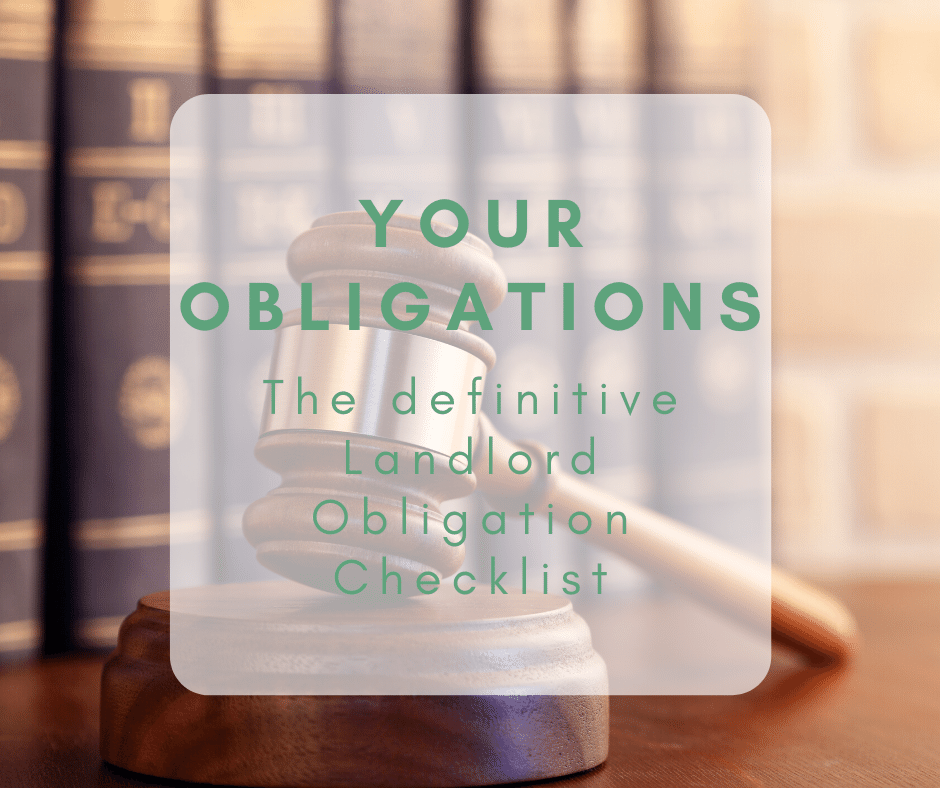
 By
By 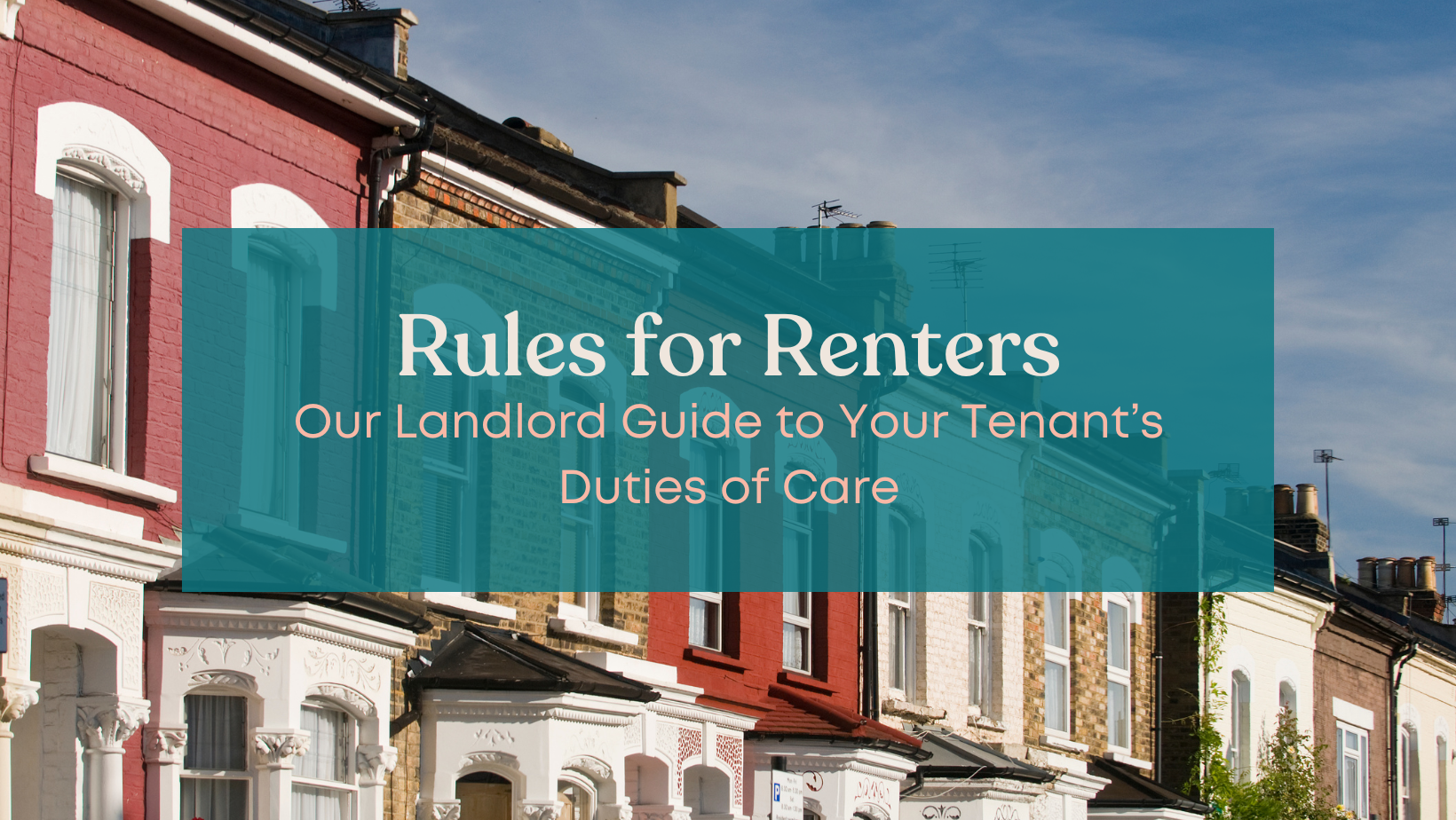
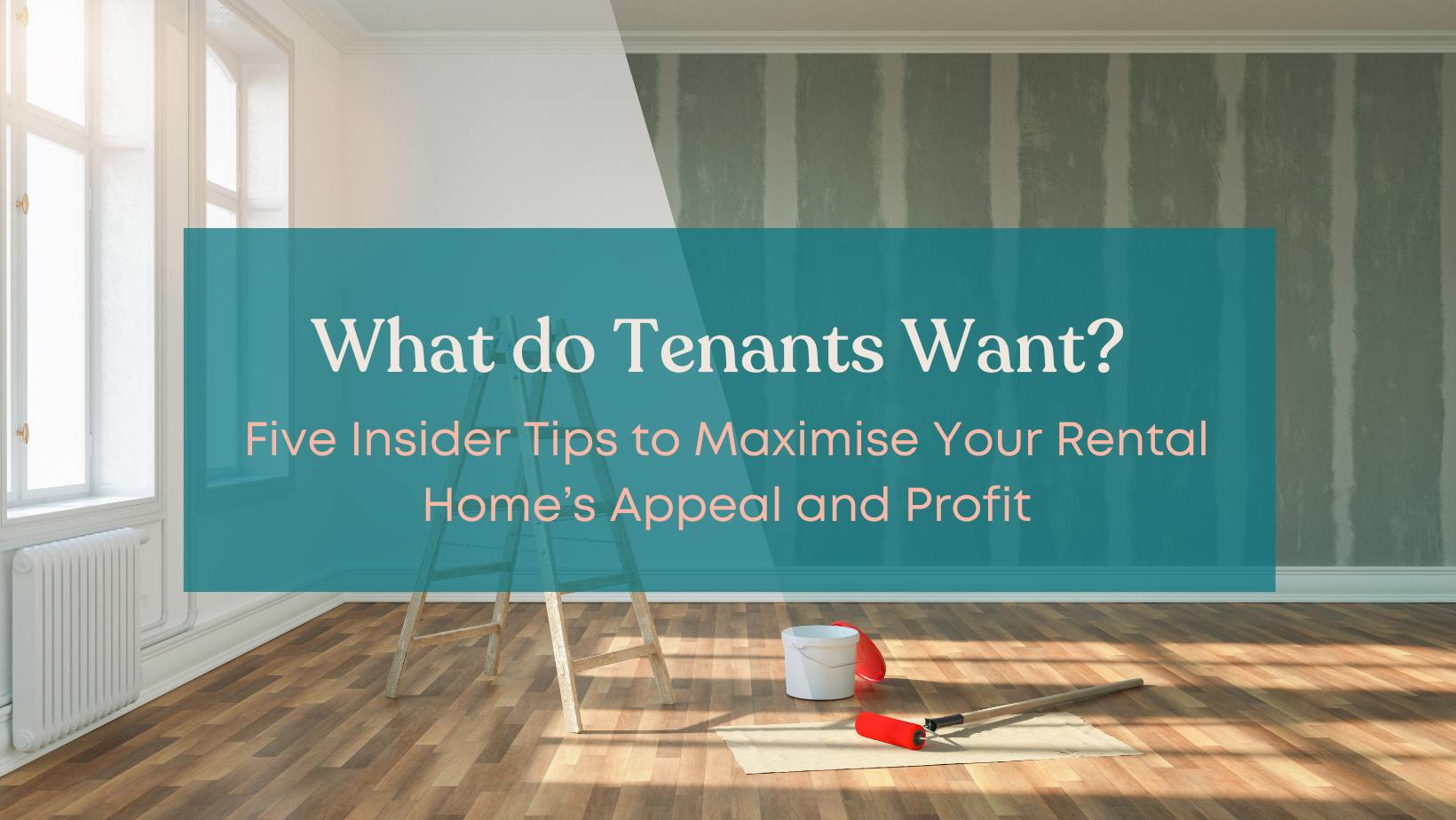

 By
By 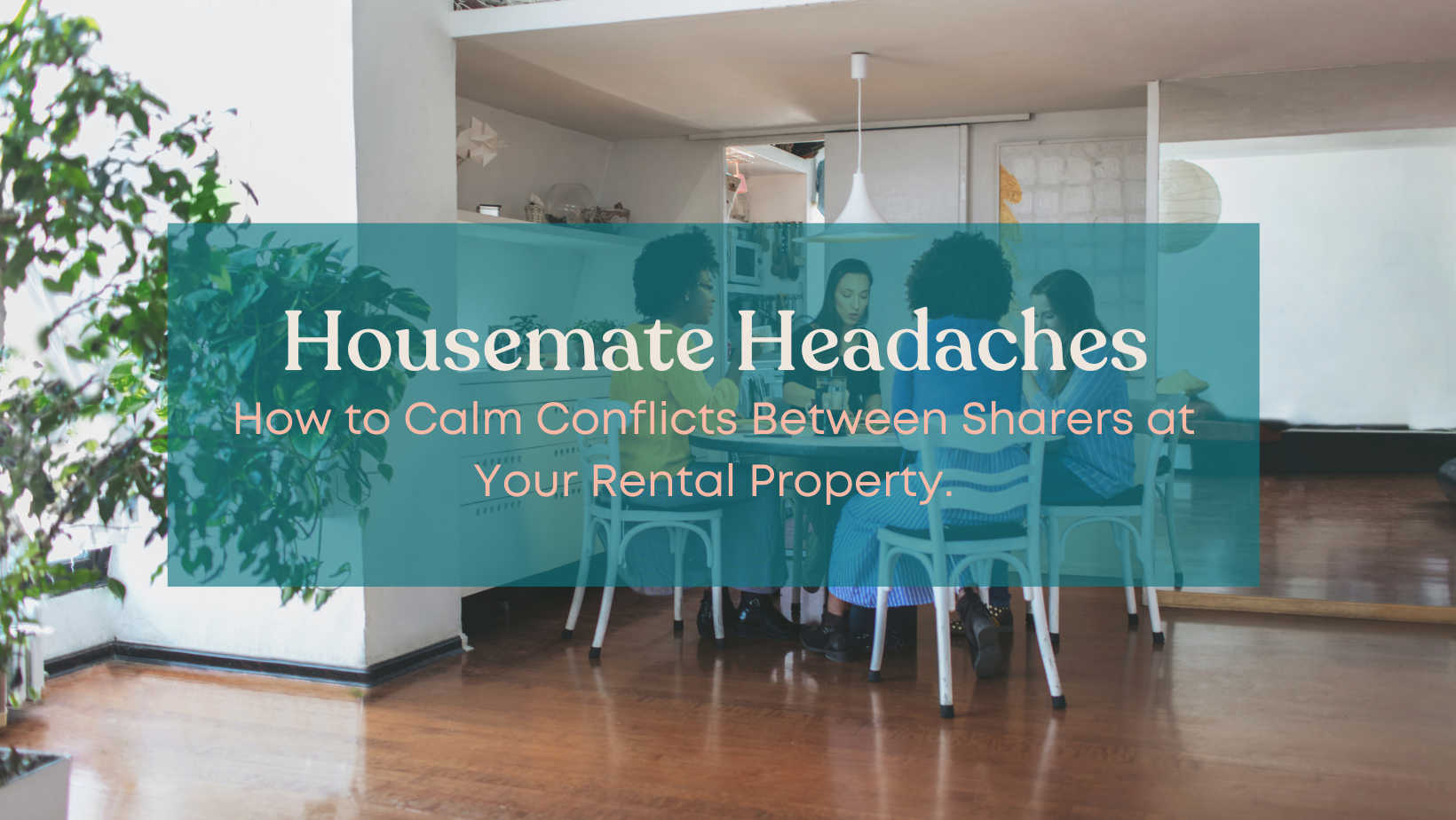
Share this with
Email
Facebook
Messenger
Twitter
Pinterest
LinkedIn
Copy this link